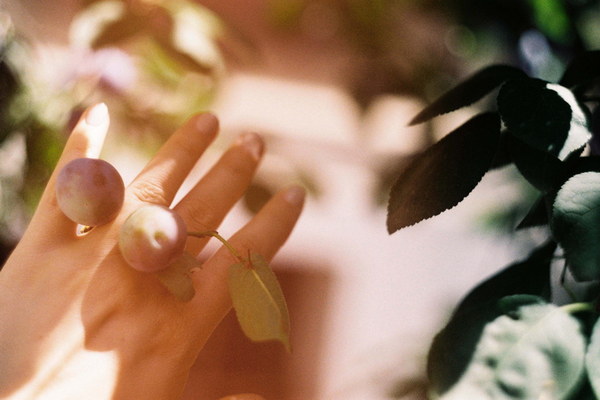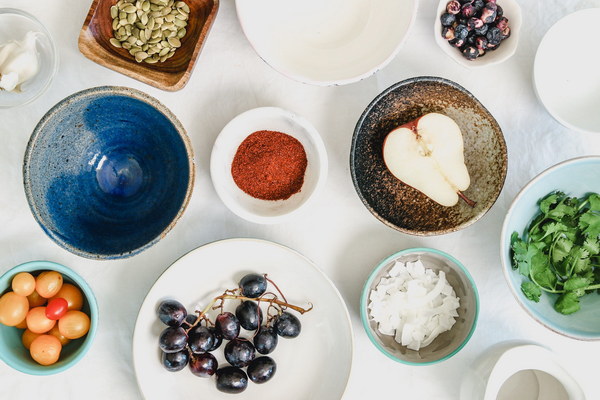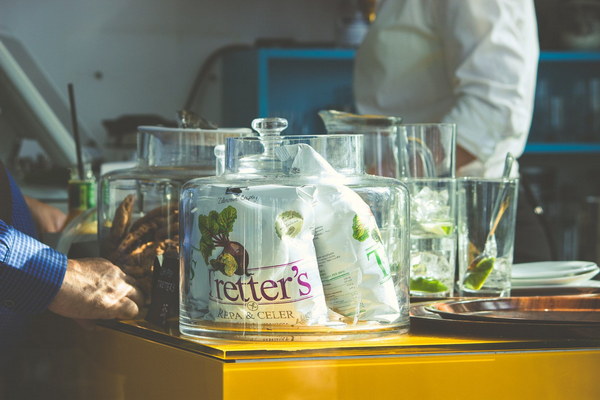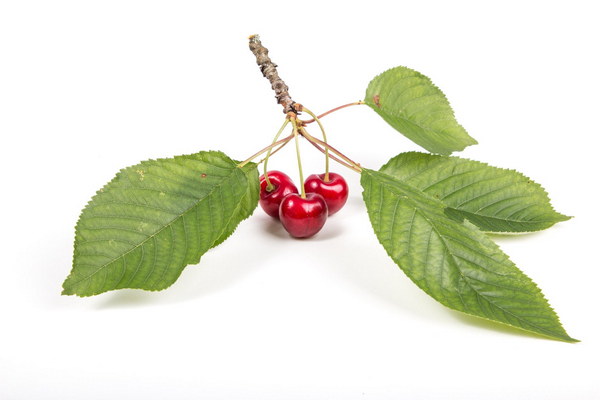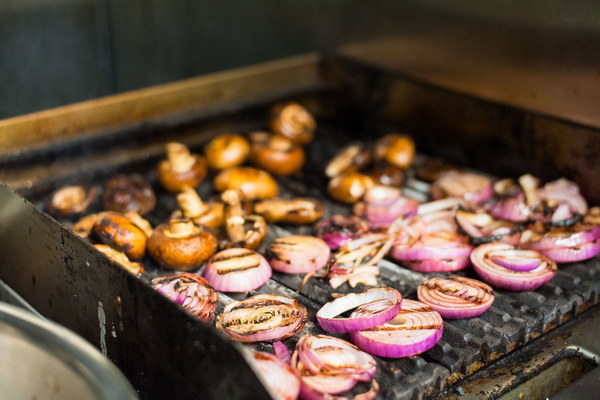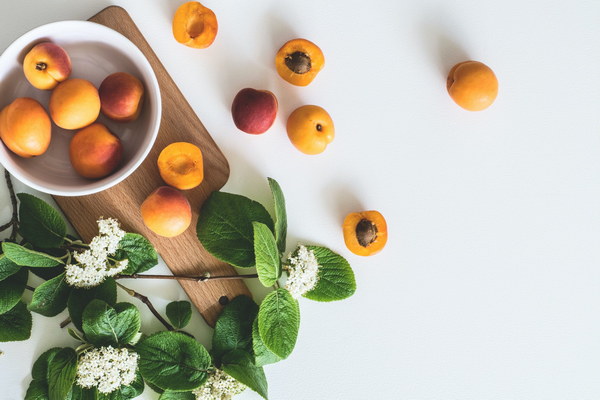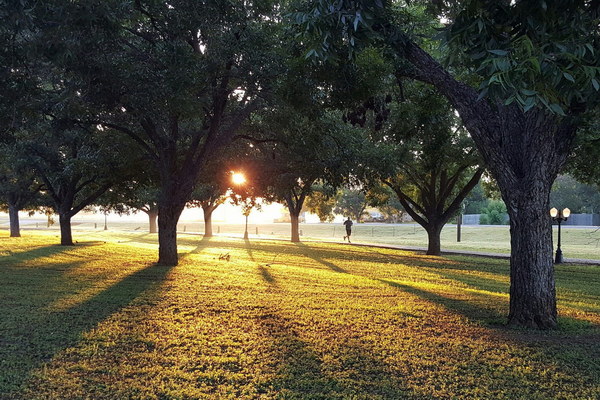Nourish and Drain Moisture Embracing the Post-Autumn Season's Health Regimen
As the season transitions from summer to autumn, the ancient wisdom of Chinese medicine offers a timeless guide to maintaining health and vitality. One such practice is draining moisture and replenishing the body, which is particularly important after the autumnal equinox, known as Lìqiū in Chinese. This article delves into the essence of this tradition, exploring the significance of post-Lìqiū health care and providing practical tips for nourishing the body and expelling excess moisture.
Understanding Lìqiū and Its Health Implications
Lìqiū, which falls on the 7th day of the 8th lunar month, marks the midpoint between the summer and winter solstices. It is a time when the Earth's energy shifts, and the climate becomes more unpredictable. This transition often leads to a dampening of the atmosphere, which can affect our health.
In traditional Chinese medicine (TCM), dampness is considered an invader that disrupts the body's balance. It can lead to a variety of issues, such as fatigue, bloating, weight gain, and even more serious conditions like joint pain and digestive disorders. Therefore, it is crucial to take proactive steps to drain excess moisture from the body and replenish it with nutrients.
Draining Moisture: Natural Remedies and Lifestyle Adjustments
To begin the process of draining moisture, consider the following natural remedies and lifestyle adjustments:
1. Herbal Medicine: Traditional Chinese herbal formulas, such as those containing Atractylodes, Poria, and Astragalus, are known for their ability to drain dampness from the body. Consult with a TCM practitioner for personalized advice.
2. Dietary Changes: Avoid overeating and consuming heavy, dampening foods such as dairy products, sugar, and cold, raw foods. Instead, opt for foods that are warm, dry, and nourishing, such as quinoa, millet, and roasted nuts.
3. Regular Exercise: Engage in moderate, aerobic exercise to promote circulation and sweating, which can help expel dampness. Activities like walking, jogging, and cycling are ideal.
4. Adequate Rest: Ensure you get enough sleep, as insufficient rest can lead to dampness buildup. Aim for 7-8 hours of quality sleep each night.
5. Stress Reduction: Chronic stress can contribute to dampness. Practices such as meditation, yoga, and deep breathing exercises can help manage stress levels.
Replenishing the Body: Nutrient-Rich Foods and Supplements

While draining dampness is essential, it is equally important to replenish the body with nutrients. The following tips can help you nourish your body during the post-Lìqiū season:
1. Incorporate Nutrient-Rich Foods: Consume a balanced diet rich in vitamins, minerals, and antioxidants. Focus on foods like leafy greens, fruits, and lean proteins.
2. Supplements: Consider supplements such as vitamin C, vitamin B-complex, and zinc, which can support your body's immune system and help combat dampness.
3. Hydration: Drink plenty of water to support kidney function and aid in the elimination of dampness.
4. Acupuncture and Massage: These therapies can help stimulate the body's natural healing processes and improve circulation, further aiding in the draining of moisture.
Conclusion
Embracing the post-Lìqiū health regimen of draining moisture and replenishing the body is a wise and time-honored practice. By adopting these natural remedies and lifestyle adjustments, you can ensure that your body remains balanced and healthy throughout the changing seasons. Remember, the key to maintaining well-being is to listen to your body's needs and make mindful choices that honor its natural rhythms.
